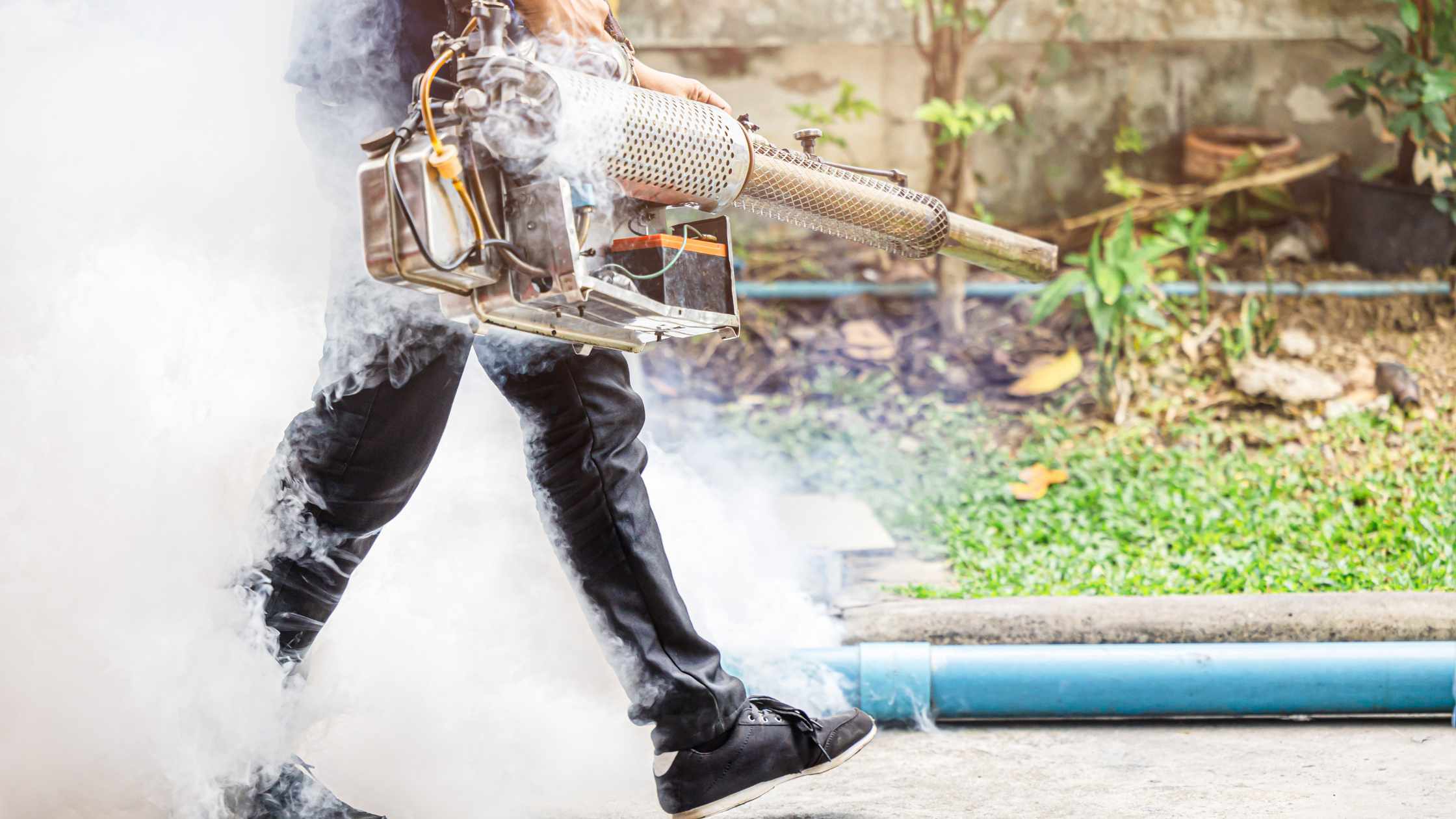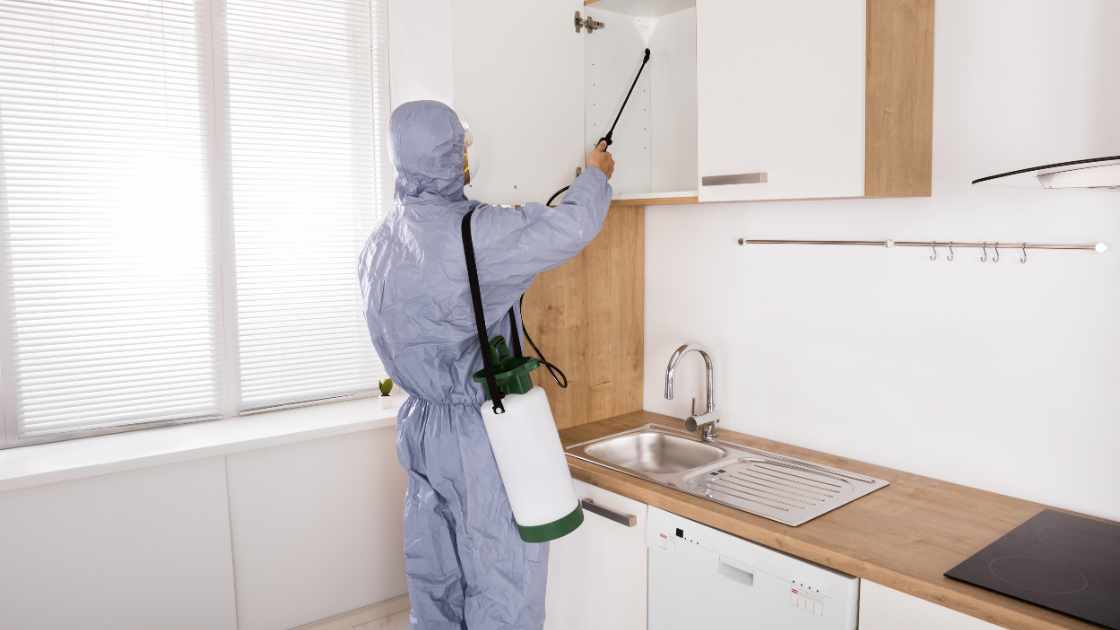Bed bugs are one of the most persistent and troublesome household pests. Their ability to hide in small crevices and reproduce quickly makes them difficult to eliminate without professional assistance. This article provides an in-depth look at how pest control experts effectively get rid of bed bugs.
Guides
Initial Inspection
Pest control professionals begin with a thorough inspection to determine the extent of the infestation. They search common hiding places such as:
Mattresses and box springs
Bed frames and headboards
Furniture crevices and seams
Cracks in walls and floors
Electrical outlets and baseboards
They may use tools such as:
Flashlights for visibility
Magnifiers to spot eggs and nymphs
Bed bug detection dogs for severe infestations
Identification of Infestation Level
Once the inspection is complete, the pest control team evaluates the infestation level and determines the best treatment method. They look for signs such as:
Live or dead bed bugs
Shed skins and fecal stains
Egg shells and clusters
Preparation Guidelines
Clients are usually provided with preparation instructions, which may include:
Removing clutter to expose hiding spots
Laundering and drying clothes and linens at high temperatures
Vacuuming affected areas thoroughly
Sealing items in plastic bags
Treatment Methods
Chemical Treatments
Pest control experts often use approved insecticides, such as:
Pyrethroids and pyrethrins (fast-acting neurotoxins)
Insect growth regulators (disrupt development and reproduction)
Desiccants (dry out the bugs)
Professionals carefully apply chemicals to:
Baseboards, cracks, and crevices
Furniture joints and upholstery
Mattresses and box springs (using encasements post-treatment)
Heat Treatment
Heat treatment is a highly effective, non-chemical method. Technicians raise the temperature of the infested area to 120–140°F (49–60°C) using:
Portable heaters and fans
Temperature monitoring equipment
The high heat kills bed bugs at all life stages, including eggs.
Steam Treatment
Steam is used for targeted treatment in sensitive areas. The high-temperature steam (above 200°F) penetrates fabrics, cracks, and seams, effectively killing bed bugs.
Cryonite Freezing
Some pest control services offer freezing treatments using CO2 to rapidly freeze bed bugs and eggs, rendering them inactive.
Vacuuming and Trapping
Professionals often use industrial vacuums to physically remove bed bugs and eggs from infested areas. Sticky traps may also be placed to monitor activity.
Post-Treatment Monitoring
After treatment, pest control experts conduct follow-ups to ensure the infestation is completely eradicated. They may:
Use bed bug monitors and traps
Perform visual inspections
Reapply treatments if necessary
Preventive Measures
Pest control companies also educate homeowners about preventing reinfestations. Recommendations include:
Sealing cracks and crevices
Installing mattress encasements
Avoiding secondhand furniture without inspection
Regular vacuuming and decluttering
Using bed bug interceptors on furniture legs
FAQs
How long does it take to get rid of bed bugs?
The time required depends on the severity of the infestation, but treatments typically take 2–4 weeks with multiple visits.
Are pest control treatments safe for pets and children?
Most treatments are safe when instructions are followed. Always discuss any concerns with your pest control provider.
Can I get rid of bed bugs without professional help?
While DIY methods can help reduce bed bug populations, complete eradication often requires professional pest control services.
Conclusion
Pest control experts utilize a combination of methods, including chemical treatments, heat, steam, and freezing, to effectively eliminate bed bugs. Thorough inspections, preparation, and follow-up monitoring ensure the infestation is completely eradicated. By following preventive measures, homeowners can protect themselves from future bed bug problems.




